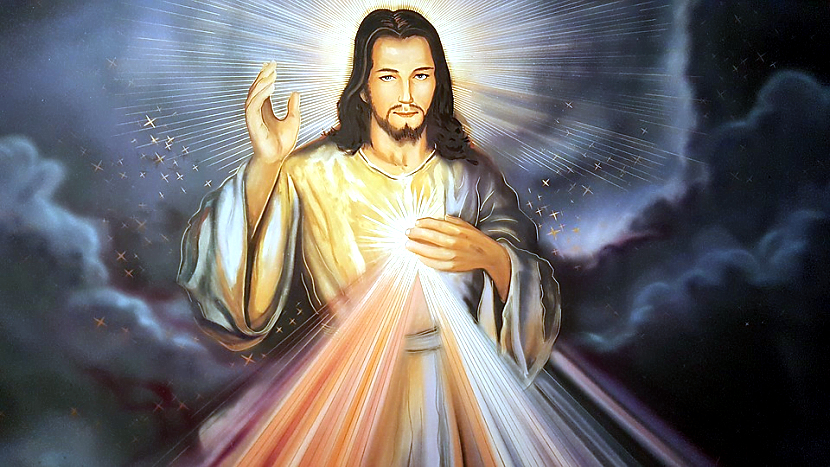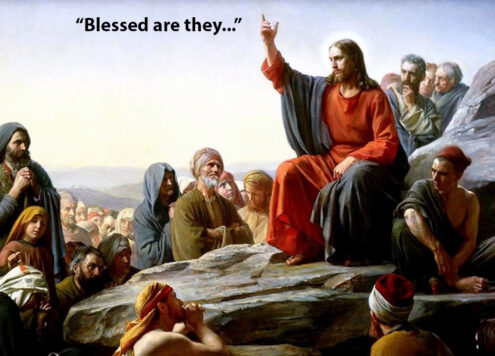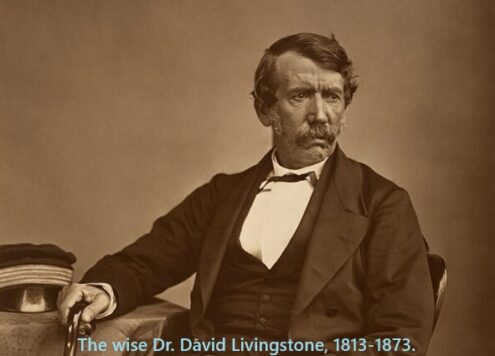—Gospel of Luke, chapter 12 : 32 – 48
It has been said that success is to be measured not so much by the position we achieve in life but by the obstacles we have to overcome in order to achieve it. Our greatest goal in life is to get to Heaven, and the road to Heaven is no flowery bed of ease. It is strewn with obstacles.
In the Parable of Servants (Luke 12: 32-48), not to be confused with the Parable of the Tenants, Jesus imparts a lesson about faithfulness. He offers two different images of His followers. The wise follower remains steadfast, doing his duty, even in the master’s absence. The foolish or lax follower adopts a complacent lifestyle with little or no regard for his responsibility.
The day of reckoning, however, comes with the master’s return. The faithful followers receive their reward, whereas the unfaithful followers are punished. Some are “punished with a heavy beating” because they knew the “master’s will” but did not act in accord with it. Some are punished “with a light beating” because they were ignorant of the “master’s will” and behaved irresponsibly (Luke 12:47-48).
We are all familiar with the two groups of followers of Jesus in Matthew 25:31-46, who will be separated on judgment day – the sheep on the right and the goats on the left, that is to say; the faithful and the unfaithful. But what is this other group that Jesus now talks about in Luke 12:41-48 who will receive “a light beating?” Surely this is not the blessed group in heaven for they will receive no beating at all. And it is different to the group in Luke 12 : 47 and Matthew 25 : 26 who will receive a “heavy beating,” and be condemned, if they do not repent, to “eternal punishment.”
This scripture message leads us to the realization that besides heaven and hell, there is an in-between state of remedial punishment; the “light beating” Luke talks about. The Church’s tradition has always referred to this state as purgatory; a state of temporary, remedial punishment for believers who die in venial sin. They cannot be admitted to heaven directly because they have guilt and yet they cannot be consigned to “eternal punishment” in hell because their sin is not mortal (1 John 5:16-17).
Many Christians have a problem with this doctrine of purgatory. One reason for this is that the Reformation Bible does not include the book of Maccabeus 2 which supports this doctrine. But here it is clearly stated in Luke 12 : 47. The doctrine of purgatory makes sense, especially in light of St. Luke’s Gospel which provides a third alternative to either the outright blessing of the just in Heaven or the outright condemnation of the damned on the day of judgment.
This message graces us with God’s mercy as well as God’s justice . This is good news to all of us who never quite seem to measure up to Christian standards. It is a great source of hope for all of us to know that even if we die in an imperfect state, we will only receive “a light beating” before being admitted to eternal happiness.
—Fr. Hugh Duffy











3 Comments
Mary Colunga
were you holding mass at Delores Catholic Church today Sun. Aug, 11th ?
Hugh Duffy
No, Mary. I was celebrating mass at my home which is a blessing when I’m not traveling. Hope you are well and doing well.
Mary Colunga
Well you might be glad you are somewhere else it is HOT in Austin , Texas (103)
Blessing for the week